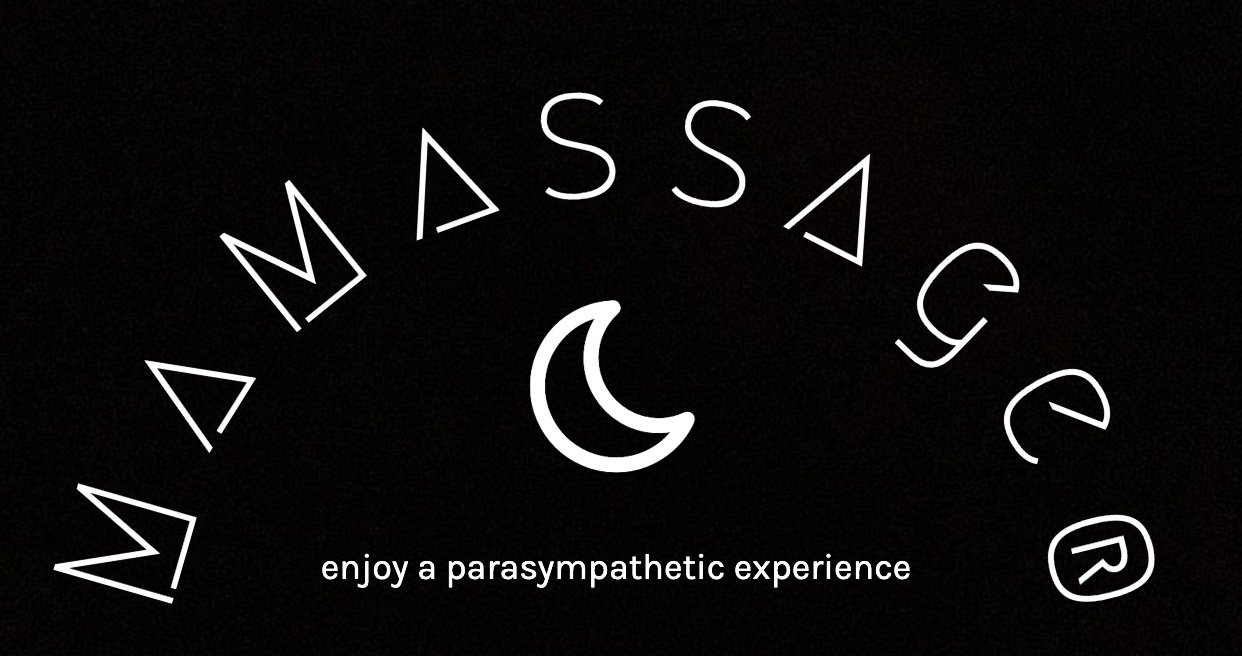What is full spectrum perinatal care?
Are you a parent or considering parenthood? As we grow through our 20s, 30s, and 40s, the question of parenthood often crosses our minds and becomes part of our conversations, whether we are partnered or not. While there are undoubtedly innumerable joys that come from parenting, one of the major concerns that many folks will have is how or whether the process of conception, the impact of pregnancy, the recovery of postpartum, and the inevitable stresses of parenting may impact their health and wellbeing. These are important aspects of this major life shift to explore and consider, and are all considered part of the perinatal period. Some couples may find that even if they are psychologically ready, they may struggle with fertility, while others may think they will have adequate time to transition, only to find that they are suddenly pregnant and faced with a myriad of changes and choices. Some folks may breeze through a pleasant pregnancy, only to face difficulty with labor or in the postpartum period. Many non-pregnant partners may deal with their own stressors as they figure out what role they will play in all aspects of these life shifts. Some individuals may find themselves personally ready for the experience of parenthood, but unpartnered, and in a position to pursue options to make the journey alone. One wellness approach that can help support all facets of these experiences and the way they impact human beings physiologically and psychologically is massage therapy.
During pregnancy, the human body proceeds rapidly through profound changes in a relatively short period of time. Each trimester is marked with physical symptoms and emotional impacts, which may be an adjustment for the pregnant person, even if they are not experienced as particularly uncomfortable (though for some, they may be.) In the first trimester, fatigue, bloating, and nausea are common. In the second trimester, we begin to see the postural impacts with frontal weight gain and the shifting of skeletal structure. Shortness of breath, abdominal pressure, and low back pain may begin in the second trimester and become more exacerbated in the third. In this final trimester, as the pressure on the pelvis increases, and there is more restriction to the major blood vessels of the lower body, pregnant people may experience swelling in the limbs. With the presence of the hormone relaxin softening the tissues throughout the body, some may experience joint instability, especially if they were already prone to hypermobility. Throughout the experience of pregnancy, people may be defining their new identities as parents through a psychological process called “cognitive restructuring” or they may experience symptoms of anxiety and depression for various reasons.
There is significant evidence to show the benefits of massage therapy for pregnancy, and incredibly, these can also impact the baby by supporting a healthy in-utero environment. In one study published in 2012, 84 patients diagnosed with prenatal depression received twice-weekly massage and yoga sessions for 12 weeks. Compared to the control group (who received no intervention), the recipients of massage and yoga had decreased symptoms of depression and anxiety, decreased pain scales, and gave birth to babies of greater gestational age and higher birth weights. Babies who are not born pre-term, and are born with higher birth weights, are less likely to need medical intervention. What are some other benefits of massage for the pregnant person themselves? Self- administered acupressure on the pericardium 6 acupoint has been shown in several studies to significantly reduce nausea in the first trimester. Reflexology and hydrotherapy have positive impacts on reducing edema (swelling) in pregnancy as does manual lymph drainage. Aromatherapy massage was shown to have a significantly positive impact on stress and immune function during pregnancy.
Full spectrum perinatal care should include support for conception and fertility, hormonal wellness, pregnancy, and the postpartum period. This support can take many forms, but massage therapy has proven to have both psychological and physiological benefits for this period. @MaMassage_Brooklyn , we are grateful to be able to support the perinatal period with trauma informed massage therapy and lactation counseling.

